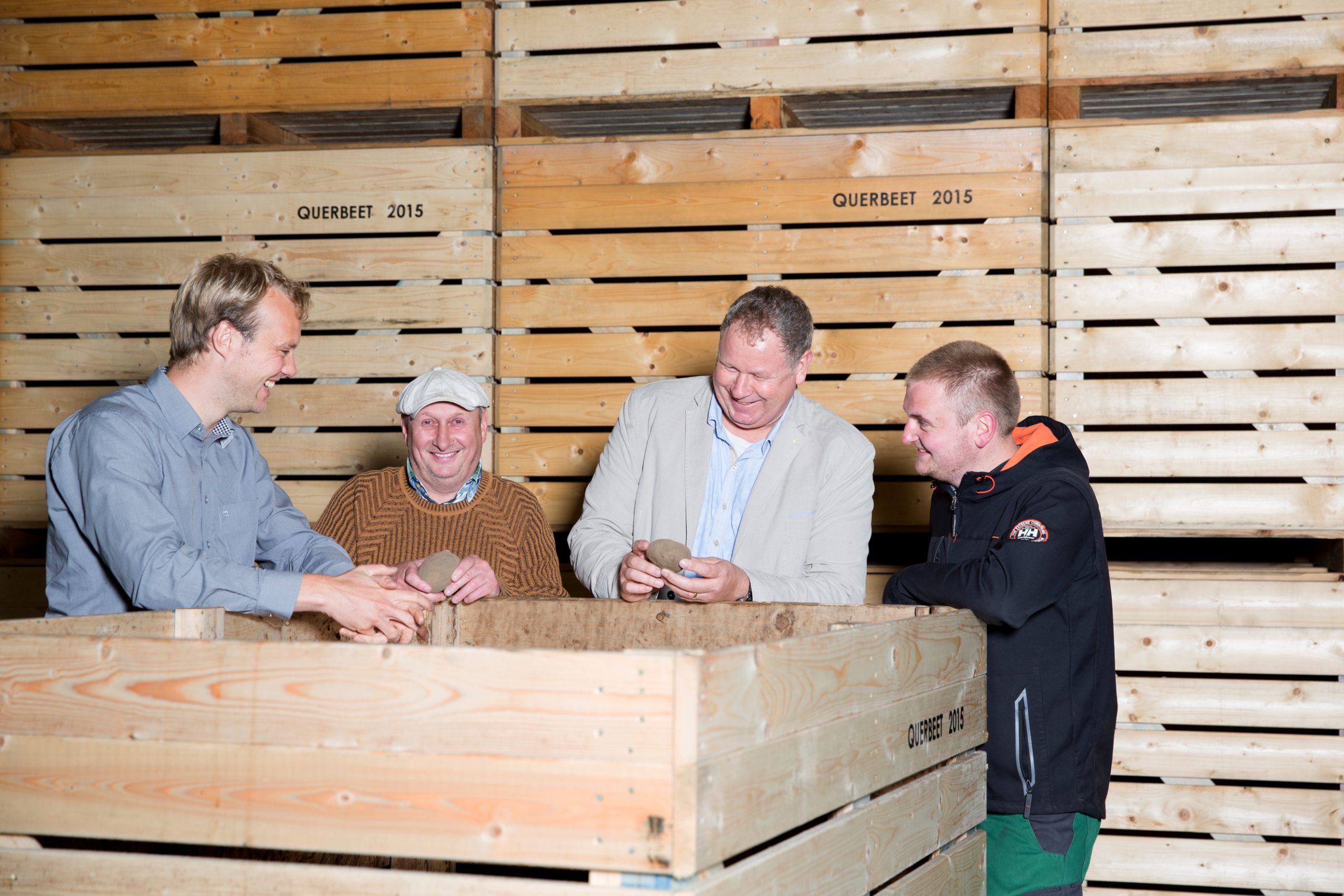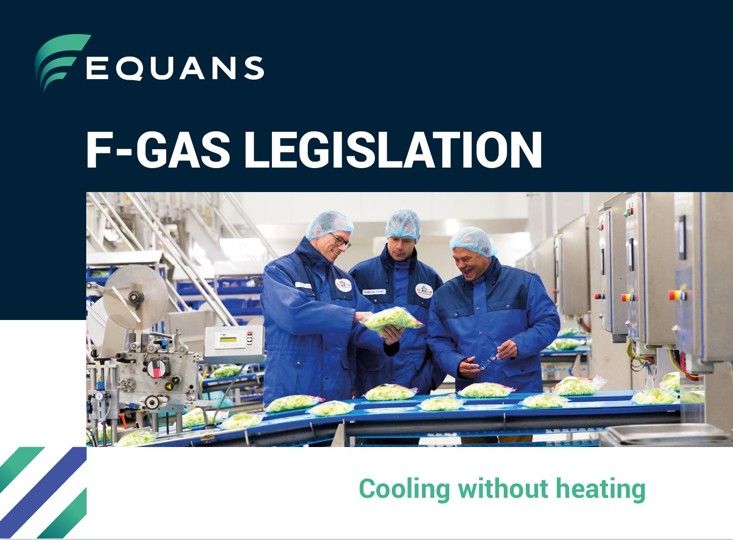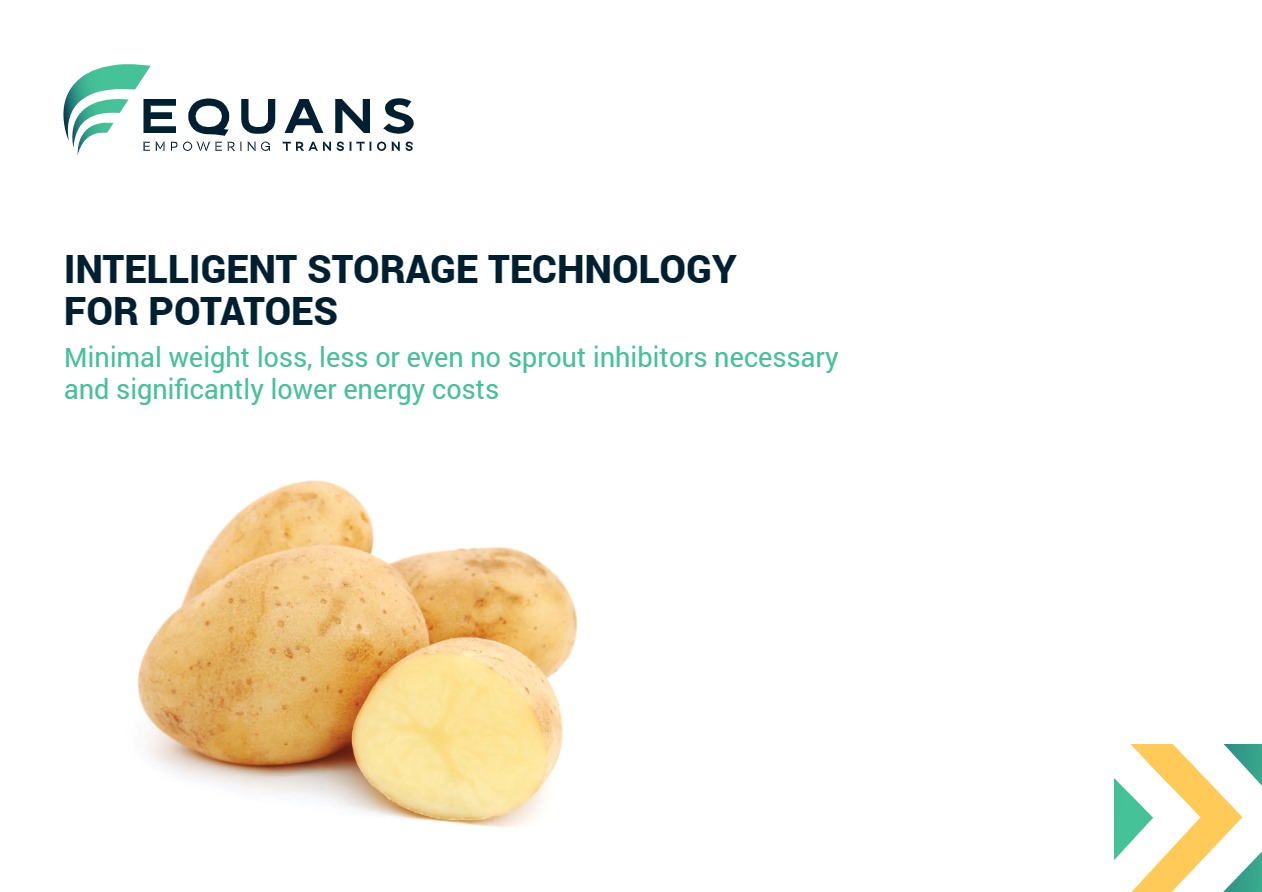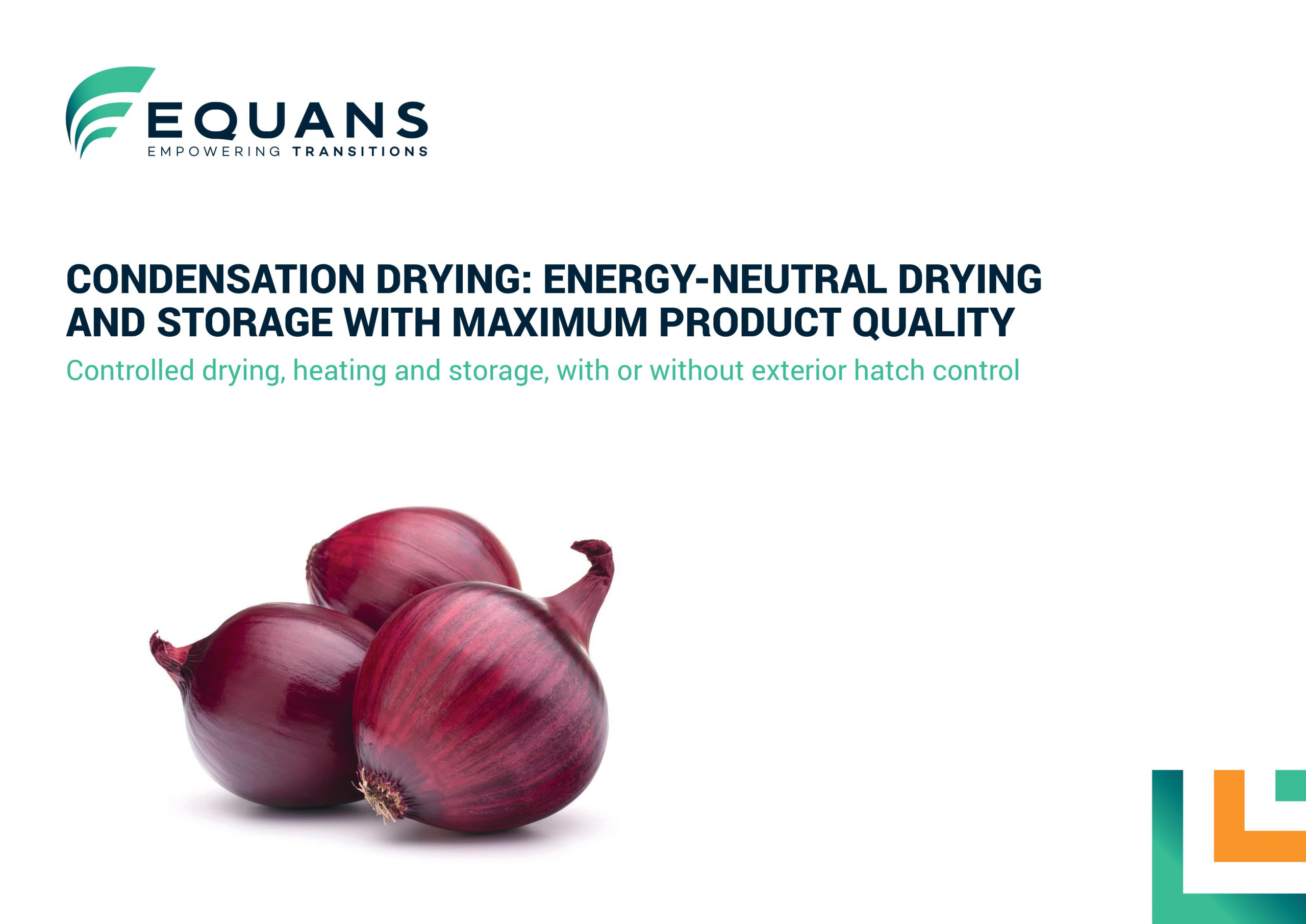Farmer Eugen Borgmann in the German city of Bottrop was looking for an effective way to store his potato crop. A method that would enable him to deliver the same quality for the same price all year round.
In Bottrop, on the edge of the Ruhr Area, Eugen Borgmann farms potatoes on one hundred hectares. Over the past few years, he noticed that it was becoming increasingly difficult after the harvest to store the potatoes for as long as possible with the least possible loss of quality. “The ideal storage temperature is 4 degrees Celsius. I always used outside cooling for that. But as the winters get warmer, that became more and more difficult. Last winter, the temperature often rose as high as 14 degrees. The consequence: the potatoes dried out up to around 15 percent faster. Because of this, the crop lost weight and quality, and that meant that the potatoes generated less income.”
On the strength of its knowledge of cooling, Equans was asked to come up with a solution: a new storage area that cools the product fully mechanically. Borgmann: “The storage area was built inside a shed, so it is very well insulated. Only a minimal amount of outside air is used: less than half a percent of what we used in the past. The regulation of fresh air is based on the CO2 concentration in the storage area. We have seen that we can strictly control the CO2 value.”
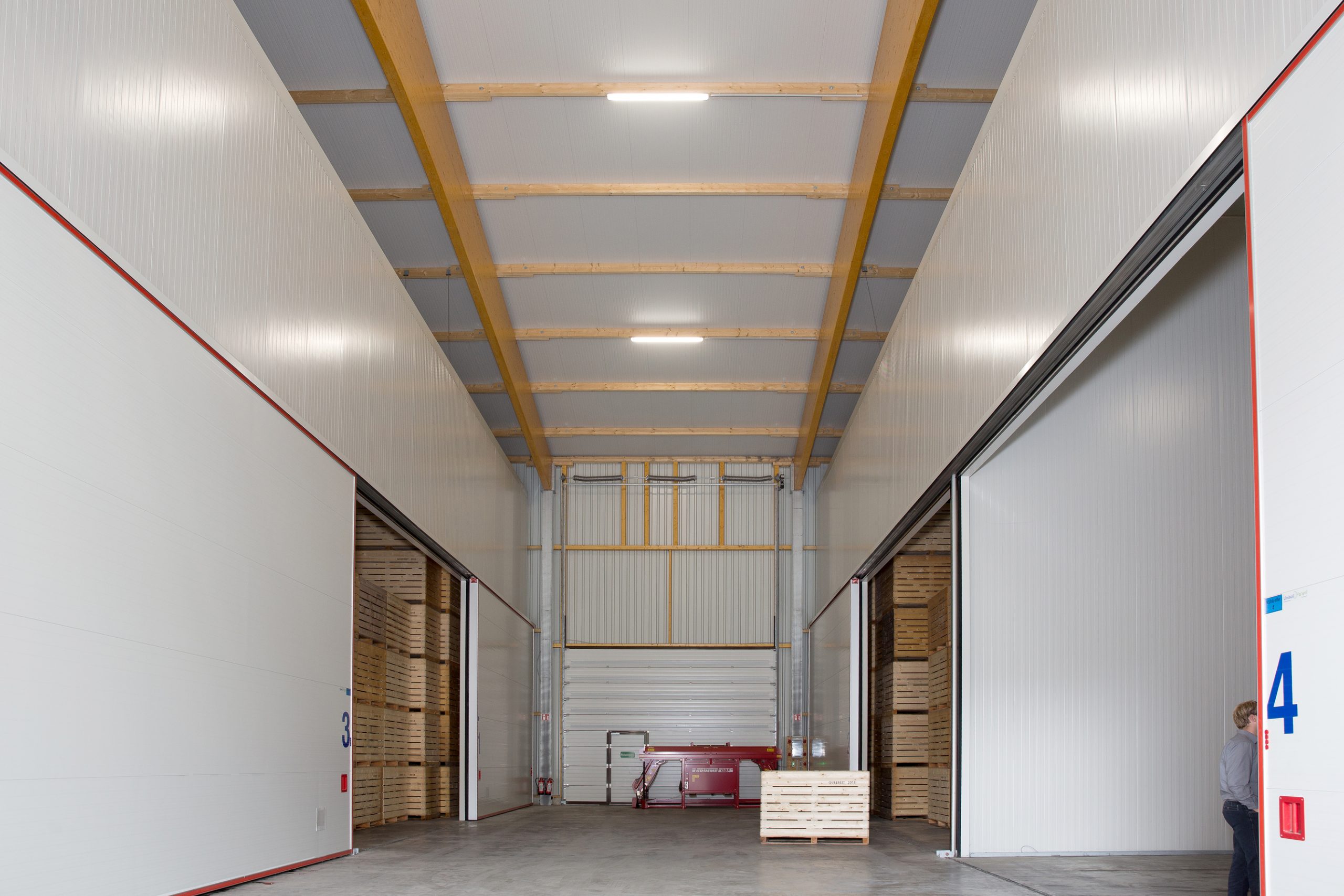
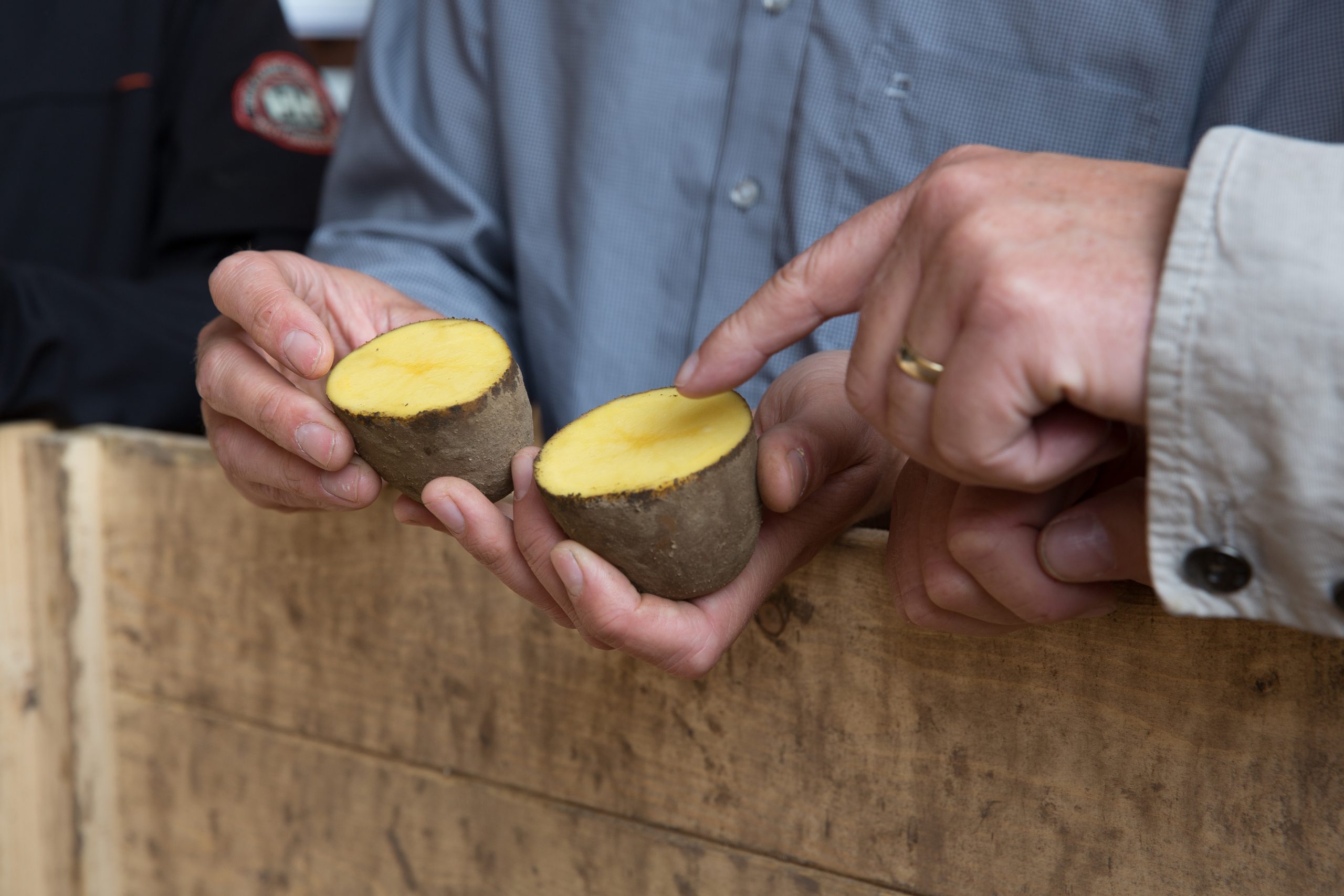
The various phases in the storage process (cooling, healing, storage and heating) are almost fully automated. During the storage process, the cooling capacity is automatically adapted to the cooling demand. The computer constantly measures the temperature and the relative humidity in the storage area. The optimal storage programme is defined according to these measurements. “This is because it does not really matter for the air circulation whether the storage area is completely full of potatoes or most of them have been sold,” says Borgmann. “The computer does takes that into account, however. By doing this, in the past 6 months we had less than 3% dehydration,” he says. “Damaged or rotten potatoes are ‘mummified’ in the crate, which means they do not infect the good potatoes around them. This storage season, we were able to process and sell 30% more marketable product. Thanks to the excellent quality, up to late in the season we were getting a good price for our potatoes.”
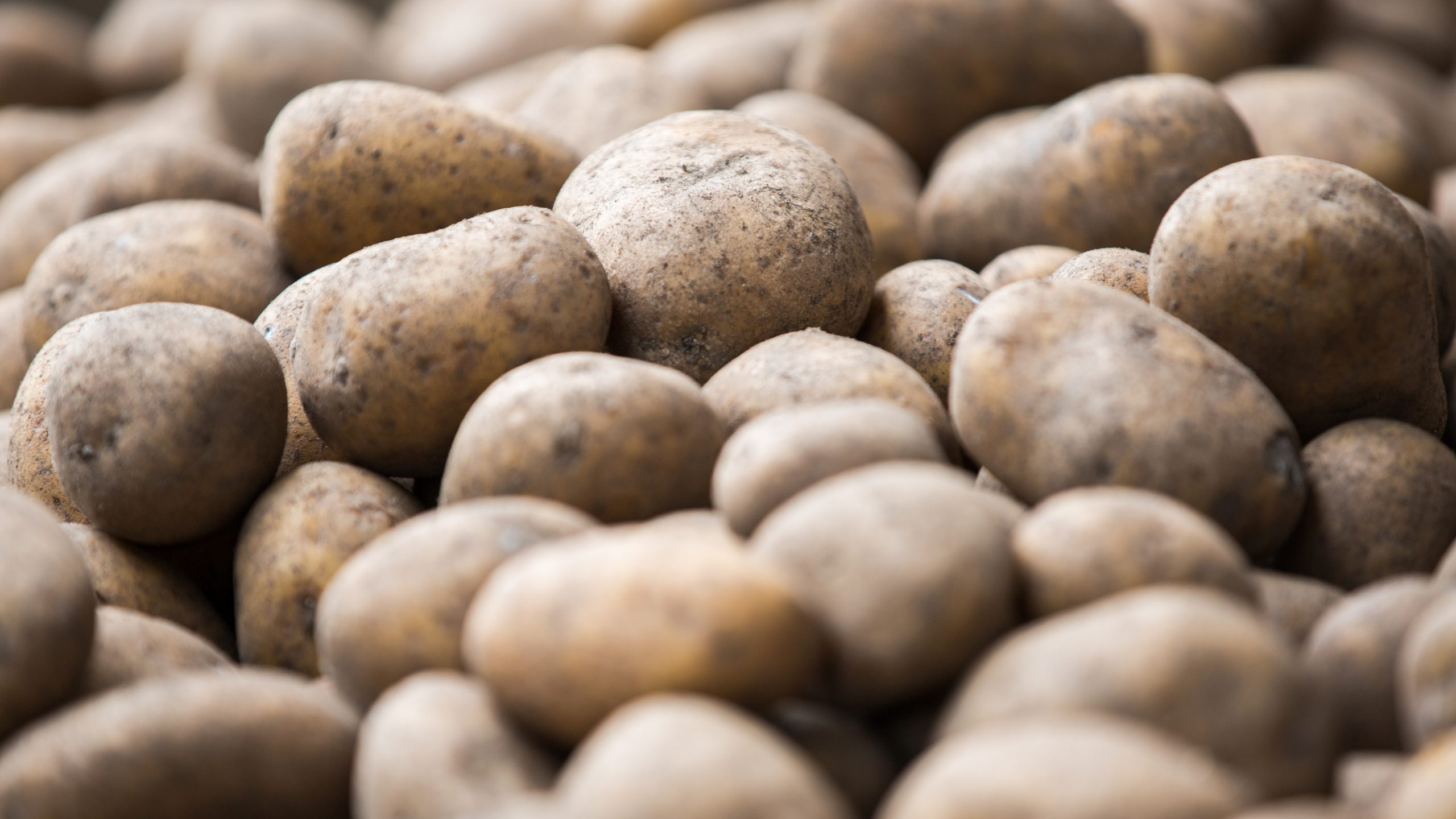
Eugen Borgmann is very enthusiastic about the new storage system. “In the past, cooling during warm winters used to consume a lot of electricity. As a result, our energy bill often came to almost 80,000 euros. But because the temperature remains constant all year round when you use mechanical cooling, we have almost halved our energy costs.”
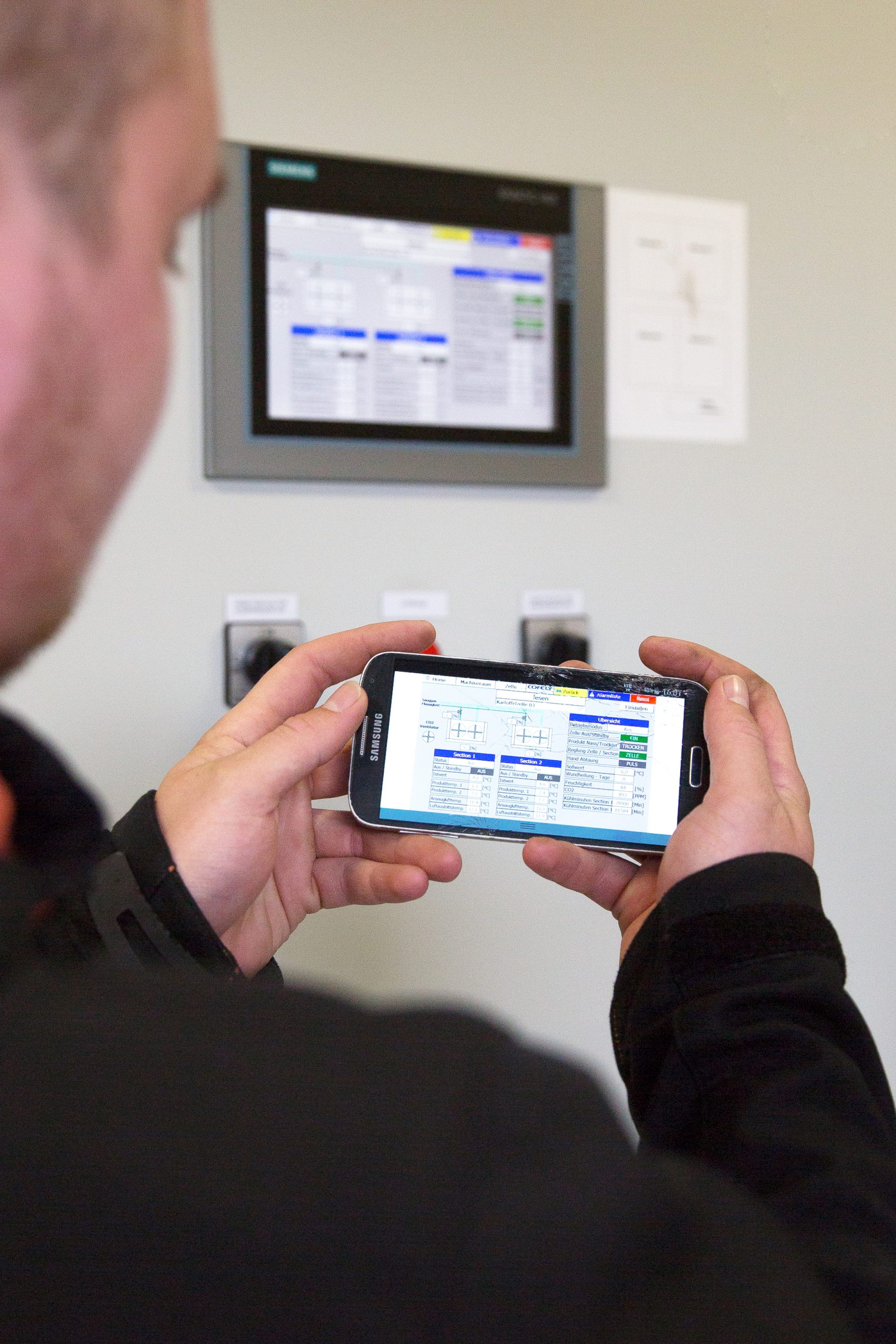
Borgmann also sells large volumes of peeled potatoes, e.g. to hospitals and Schalke ’04, the best-known football club in the region. The potatoes are peeled mechanically. “Because the potatoes remain much firmer, we lose much less material during the peeling process. And it also means we can peel them much faster. As a result, we were able to downsize from three to two potato peeling teams and reduce our wage costs.”
Equans’s innovation has led to many improvements. In the past, the potatoes that were left at the end of the season were not suitable for human consumption. Borgmann: “The only thing I could do with them was sell them as pig feed. Nowadays even the last potatoes are still okay, so they bring in a lot more money than in the past.”
Manager Michael Stefan picks out a potato that has been stored for more than six months. “Look, it is still crunchy. If we had cooled the potatoes with outside air, this potato would now have been very soft.” Stefan operates the cooling computer from his mobile phone. “If necessary, I can change the conditions from home. Which is handy if the computer shows that we have to adjust the cooling. That way, we can preserve the quality of the potatoes more and more effectively.”
Equans Reference Borgmann
"*" indicates required fields

